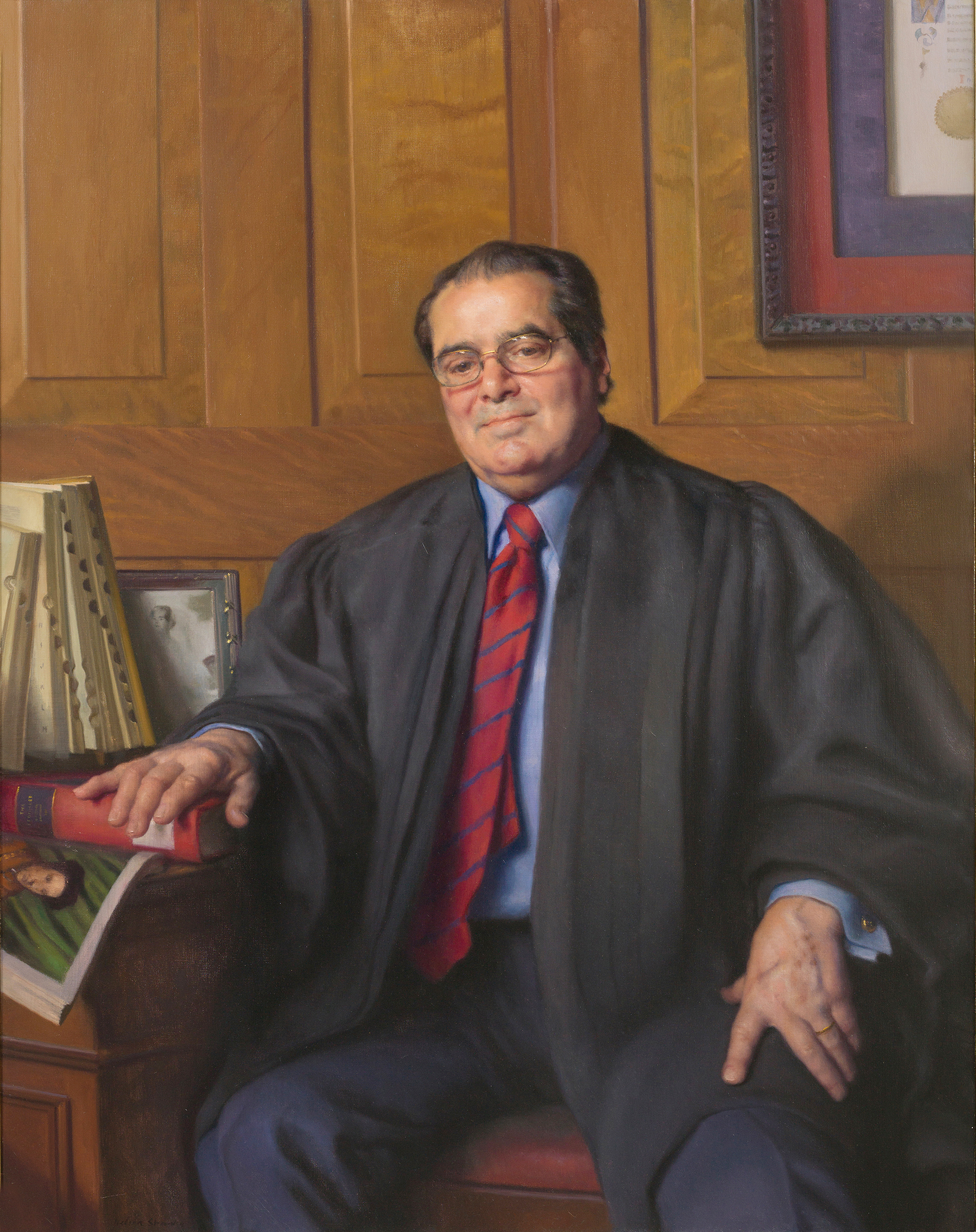1. What questions should have been asked Roberts and Kennedy at their hearings that might have sent up a red flag as to some of the decisions they've made over the years?
2. In the wake of Judge Robert's 2012 and 2015 rulings to uphold the ACA Healthcare Law, Where do you believe he was wrong or right in his decisions? How would you have ruled in both cases?
3. What guarantees do we have, that you're not going to follow suit (like Roberts/Kennedy) and not base your rulings ONLY on the ORIGINAL INTENT of WHAT'S WRITTEN IN THE CONSTITUTION?
I'd like to hear the discussion those three questions would yield.
 |
| BIG SHOES to fill |
Only by holding nominees’ feet to the substantive constitutional fire can we make confirmation hearings great again.
Things are looking good for Supreme Court nominee Neil Gorsuch as he prepares for his confirmation hearings, which begin March 20. Judge Gorsuch has continued to be his charming and disarming self, leaving Democrats with little to latch onto in opposition and only increasing his already-solid chances for securing a seat on the high court. Indeed, a recent survey showed that 91 percent of Democratic congressional staffers expect Gorsuch to be confirmed—and only 41 percent expect there to be an attempted filibuster.
Still, senators shouldn’t look past the upcoming hearings. After all, this is a unique opportunity to get to know the nominee’s mind and to educate the American people about constitutionalism and the legal process. It’s literally the only time that someone on the verge of ascending to the pinnacle of one of our three branches of government—for life!—goes toe-to-toe with politicians who are accountable to the people.
 |
We're counting on you Senator Cruz to represent those
of us looking for a STRICT CONSTITUTIONALIST.
No surprises later on (i.e., Roberts)
|
To be sure, such hearings have become kabuki theater. Senators from the president’s party toss softballs that let the nominee display his or her erudition, while opposing senators ask “gotcha” questions that anybody skilled enough to be nominated can evade with ease. Indeed, the nominee in the supposed hot seat has been trained for weeks to talk a lot while revealing very little, literally running out the clock allotted for each senator’s questions while executing what’s been called the (Ruth Bader) Ginsburg “pincer movement”: refusing to analyze hypothetical cases because those issues might come before the court and then declining to discuss broader doctrinal issues because judges should only deal in specifics.Read the rest from Ilya Shapiro at The Federalist HERE.
If you like what you see, please "Like" us on Facebook either here or here. Please follow us on Twitter here.


No comments:
Post a Comment